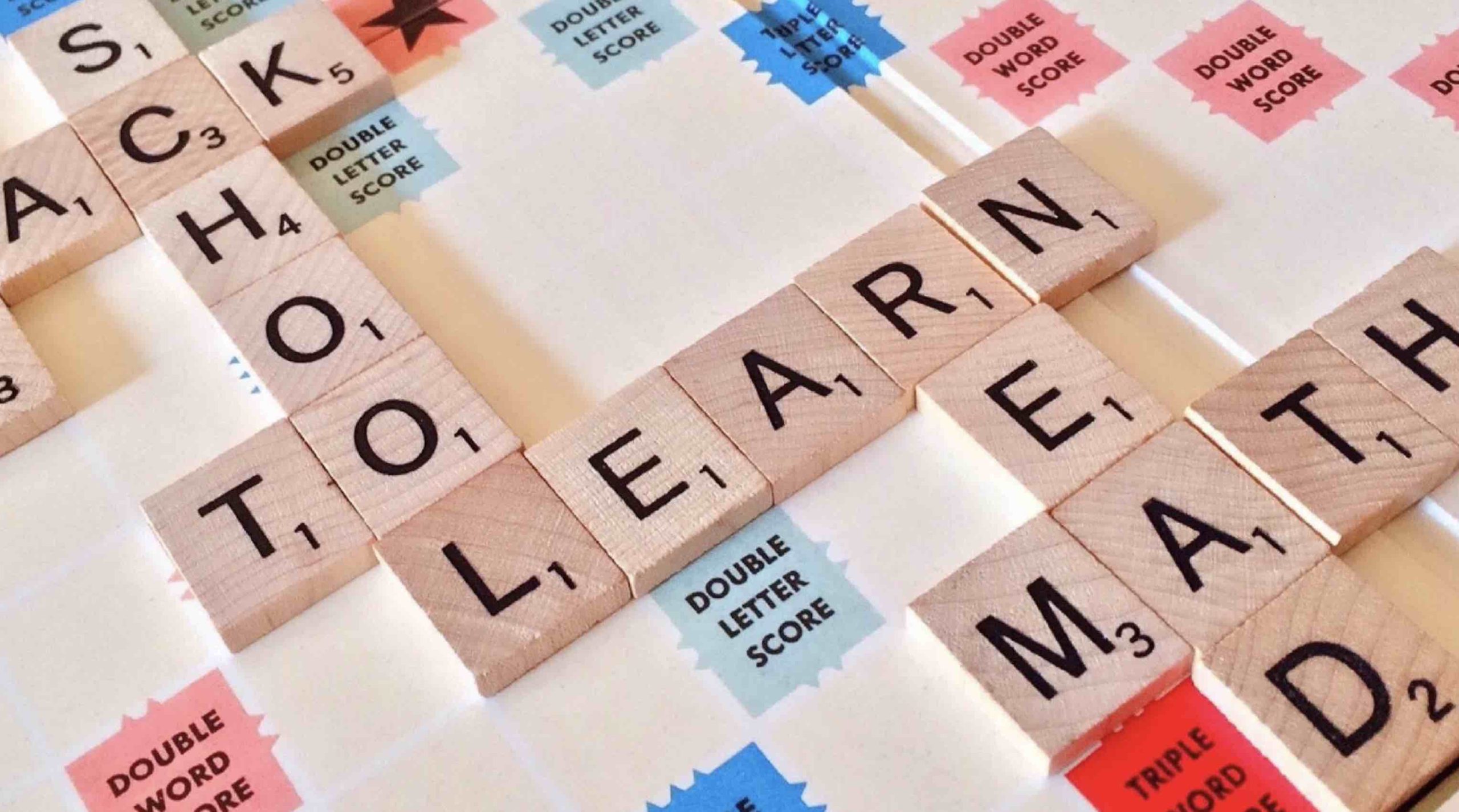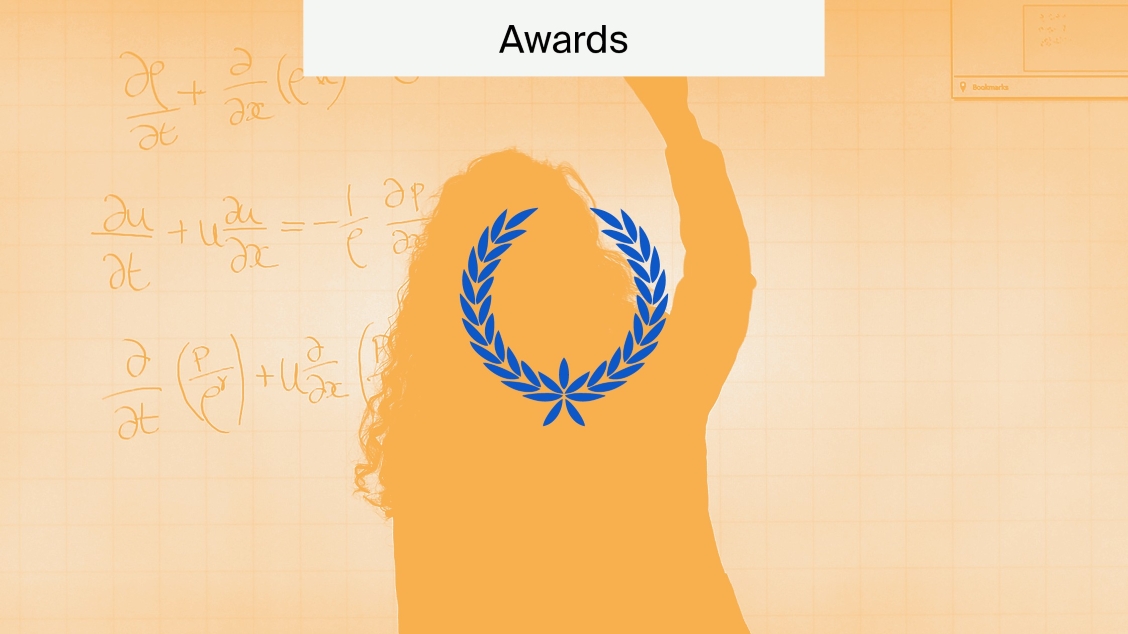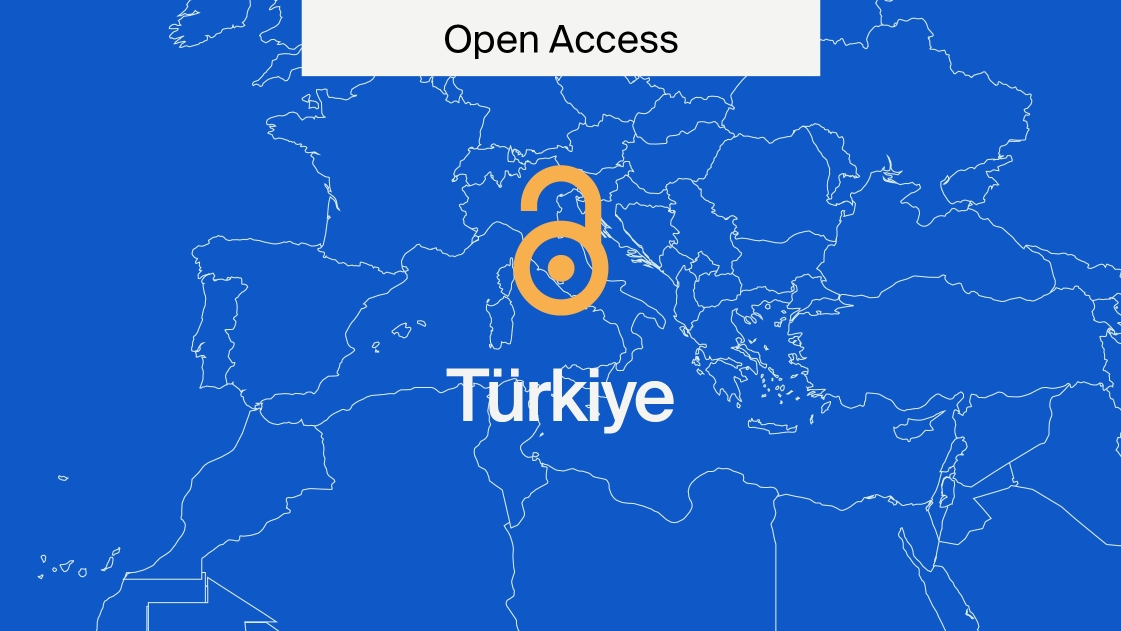
How to Use Respectively, i.e., and e.g.
How to use respectively, i.e., and e.g. is a question that comes up very often as they have specific meanings.
In this article, we’ll go over these three terms and talk about what they mean and how to use them. While we’ve gone over a number of different editing tips, this article deals with three things that are commonly mistaken.
Respectively
Respectively is an adverb. This means that its job is to modify a verb, an adjective or another adverb, or even just a complete sentence. What the word means is basically “the examples given, in the order they are given”. This helps a reader to understand the relationship between different words in a sentence. Let’s look at two sets of values:
A = 1
B = 2
If we wanted to write a sentence, we can say: “A and B have values of 1 and 2”. This is correct. “A and B have values of 2 and 1” is technically also correct though, because those are the values of the letters. Here is where respectively is important. “A and B have values of 1 and 2, respectively.”
This means that the examples given and the order they are given in matter. A (the first letter) matches to 1 (the first number). Also, B (the second letter) matches to 2 (the second number). Easy right?
Respectively becomes more important in cases where, for example, there are several items. This helps to make sure that all the information is clear and easily understood. Take a look at this sentence:
“We tested the neurotoxin, the rat poison, and the chemical agent on the mouse, the rat, and the flies, respectively.”
Now it’s easy to understand that the neurotoxin was tested on the mouse, the rat poison was tested on the rat, and the chemical agent was tested on the flies. That’s the power of respectively.
When to not use respectively
Because the meaning of respectively is “the examples given, in the order they are given”, there are a few cases where you wouldn’t use it. For example, if you have a sentence like this: “We used compound A and B, respectively.” Because compounds A and B have nothing that they are connecting to, you wouldn’t use it. “We used compounds A and B” is correct. Also, a sentence like “We used compounds A and B on the mice, respectively” is not correct either, because A and B do not have a one-to-one relationship with “mice”. Here, “We used compounds A and B on the mice” is correct.
Remember, if you’re going to use respectively you need to have a direct relationship between two terms in a set of at least four terms. Why four terms?
Because using two terms is clear.
“I put jam on my toast” doesn’t need respectively and is perfectly clear.
i.e. and e.g.
These two terms are very often confused, but are very simple to understand. In fact, we’ve covered this topic briefly before, but it’s always important to make sure that this information is easily accessible.
First of all, what do they mean?
i.e. is the short form of “id est”, Latin for “that is”. And e.g. is the short form of “exempli gratia” which means “for example”.
The difference between the two is simple. i.e. is used when you are referring to a specific thing. Use e.g. when you are giving general examples. Look at the following sentences:
“The fruit on the table, i.e., the apple.” (i.e. is used here because the apple is the specific item being referred to by “the fruit”.)
“I like fruit, e.g., apples, grapes, and oranges.” (e.g. is used here because apples, grapes, and oranges are just examples. There could be more examples beyond these.)
Just remember: If the examples you are giving are specific and inclusive then you want to use “i.e.”. If your list of examples is general, use “e.g.”.
We can help you edit your project

Editing academic work can be challenging and time consuming so choosing editing services that work for you is important. Academic editing can also be tricky sometimes, and it always pays off to have a professional look at your work. If you need a quick basic edit or a comprehensive specialist edit, MDPI can help. If you’re still not sure, don’t have time, or want a pro to look at your references, let our skilled English Editors help. Visit MDPI Author Services now for a free estimate for fast, accurate, and professional editing.










